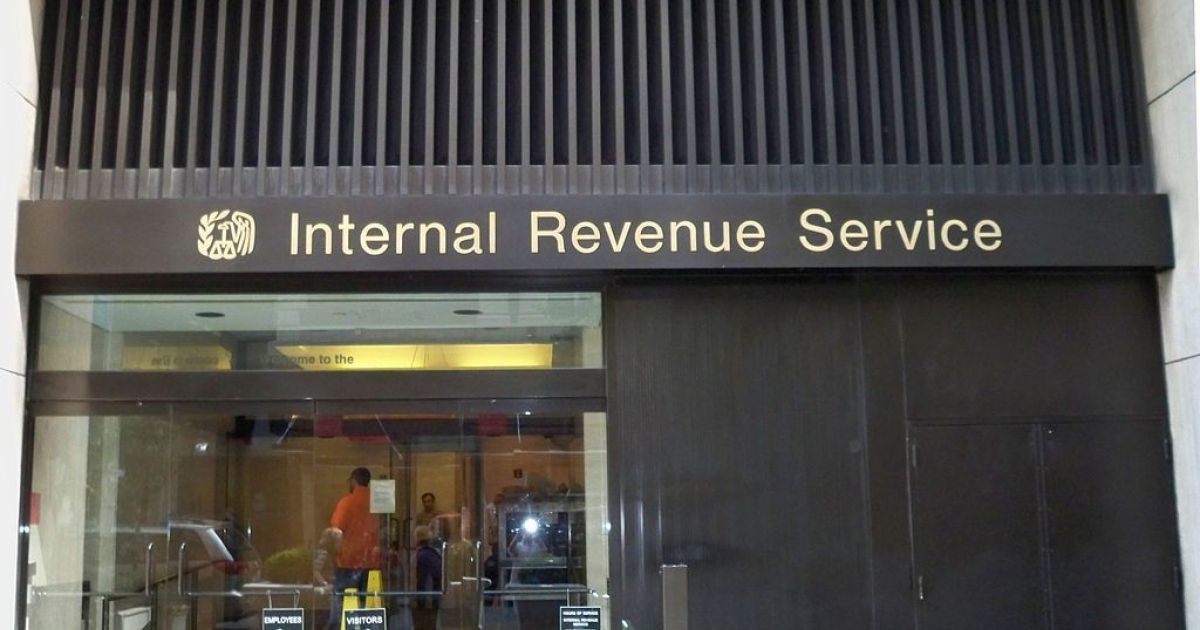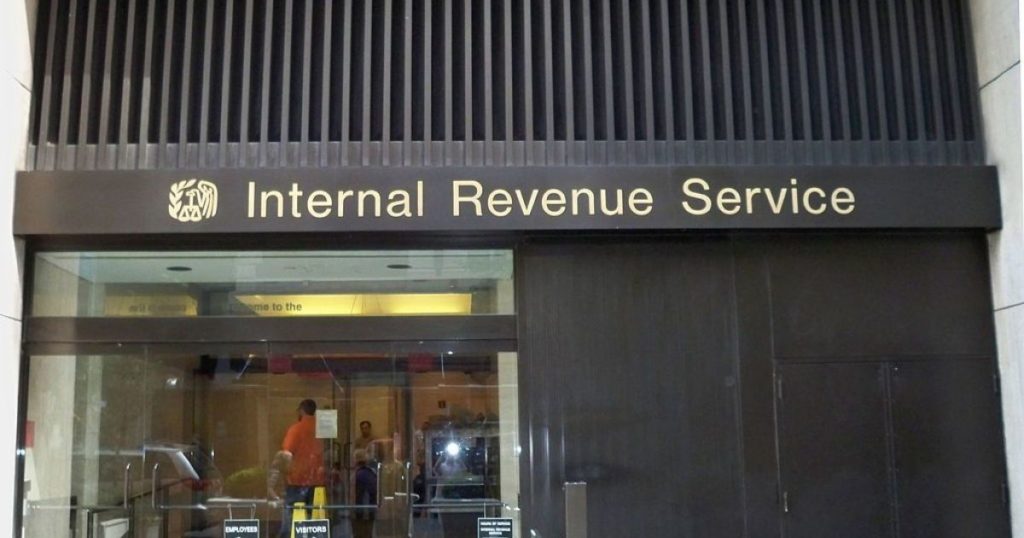

This week in Las Vegas, investors, including those with a stake in the cannabis industry, will gather for the Opportunity Zone Expo, an event geared at learning how to benefit from a federal incentive program meant to spur long-term private investment in “low-income” areas throughout the country.
Established through the Tax Cuts and Jobs Act of 2017, the program targets areas that meet the statutory criteria for a “Low-Income Community,” based on 2012-2016 American Community Survey data. Through the program, investors are able to defer federal tax payments on recent capital for up to seven years, if those gains are reinvested in an Opportunity Zone fund or business. They can also reduce that tax payment by up to 15% after seven years and eliminate all gains on the sale of the Opportunity Zone investment if it is held for 10 years.
The Las Vegas expo, which will take place Thursday and Friday at Mandalay Bay, invites attendees to “take advantage of one of the most radical and important changes in tax legislation in decades.” The agenda includes the topic, “Can the Cannabis Industry Tap into Opportunity Zones?” and some cannabis industry members. Event attendees will network with a host of elected officials, including, according to the site: U.S. Representative Mark Amodei (R-NV); U.S. Senator Rand Paul (R-KY); Arizona Governor Doug Ducey; and John Lee, Mayor of North Las Vegas. Scott Turner, Executive Director of the White House Opportunity & Revitalization Council, will be one of the event’s keynote speakers.
SUBSCRIBE TO CANNABIS WIRE’S MORNING NEWSLETTER
Original news and analysis from veteran journalists—straight to your inbox every weekday morning. (This newsletter is free now, but will soon be available only to subscribers.)
But, given that cannabis remains illegal at the federal level, how are investors able to take advantage of this program?
“The IRS doesn’t care if you’re legal or illegal,” Canna-Hub founder and CEO Tim McGraw told Cannabis Wire. Noting that retailers are subject to state and federal taxes, despite federal laws, he added: “If you make money, they want you to pay taxes.”
Investing in Opportunity Zones, McGraw said, is not necessarily geared at cannabis shop owners. Canna-Hub, for instance, is a real estate development and property management company for the cannabis industry. At the expo, McGraw will participate in a panel that will highlight his company’s recent venture: an 80-acre cannabis “business park” located in Williams, California (population: ~5,000).
In conversation with Cannabis Wire, Pat Oglesby, founder of the Center for New Revenue, a tax policy nonprofit, said the program is the outcome of a “poorly drafted tax law.”
Oglesby gave the example of college towns, dozens of which, he noted, in the law’s “artful drafting” were identified as Opportunity Zones because students often have low incomes, even though the majority of them are not living in poverty.
The law does not explicitly exclude cannabis, Oglesby said. But, he added, “if you’d ask Congress” if the Opportunity Zone was meant to be used by the cannabis industry, “they’d probably say no.”